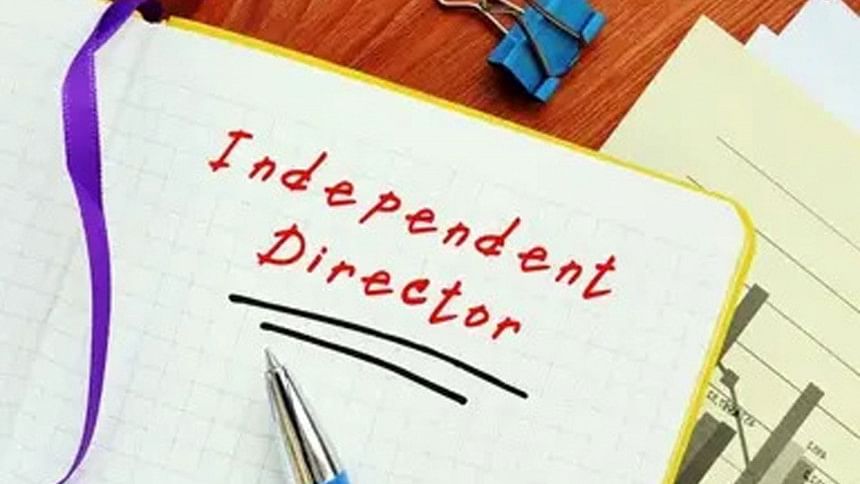Ensuring independence in the role of directors in banking companies

Independent directors play an important role in ensuring good corporate governance. An independent director is someone, who is independent from the management and shareholders of the banking company and only gives opinions in the interest of the banking company. He or she can be appointed as an independent director who has no past, present, or future interests with the bank.
According to the amended section 15 of the Bank-Company Act 1991, a banking company with up to 20 directors must have a minimum of 3 independent directors, and if the total number of directors is less than 20, there should be at least 2 independent directors. It is important to note that shareholder directors often look out for their own interests. That is why the Bangladesh Securities and Exchange Commission (BSEC) issued the Corporate Governance Code of Conduct in 2018, which lays out the qualifications to be an independent director.
As per the Corporate Governance Code 2018, independent directors include business leaders, corporate top executives, university teachers, high court lawyers, chartered accountants, etc. At least one-fifth of the total directors on the board of a company must be independent directors. They can hold less than 1% of the company's total paid-up shares. It is the board of directors of a bank-company, who decides who will be the independent directors. The directors consult amongst themselves and appoint their preferred people, who need to be approved by the shareholders in the Annual General Meeting.
According to a report by Prothom Alo, banks need real independent directors, not cronyism. The report further mentions that to ensure good governance and reduce defaulted loans, banks should appoint more independent directors with more independence rather than appointing relatives of bank owners. It is, unfortunately, a common practice that to keep independent directors under control, the relatives of the owners are appointed as independent directors. Favouritism and nepotism play a vital role at the time of appointing any independent director.
The government here needs to play an important role in deciding whether the power to appoint independent directors should be given wholly to BSEC. The author believes that BSEC can help ensure the independence of independent directors better.
To conclude, independent directors play a vital role in protecting the interests of shareholders and promoting good corporate governance. If the independent directors do not fulfil their duties as watchdogs, good governance cannot be created in the banking sector. The government needs to take proper steps to ensure that independent directors can really work independently.
The writer is a student of law, University of Asia Pacific.

 For all latest news, follow The Daily Star's Google News channel.
For all latest news, follow The Daily Star's Google News channel. 



Comments